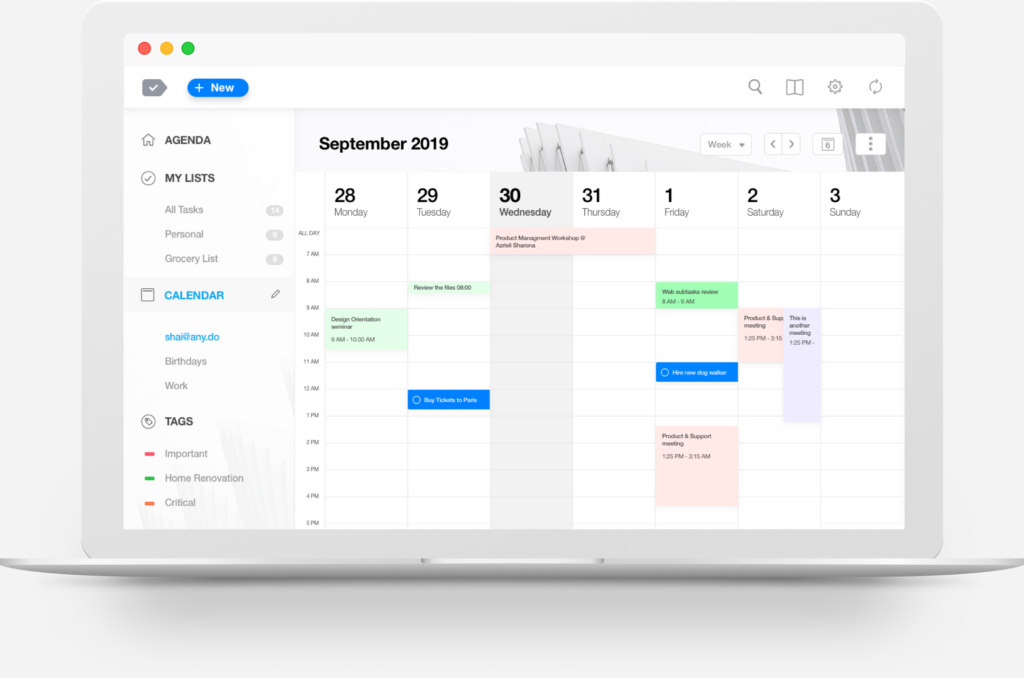People use calendar apps on daily bases to organize their time. In organizations, we utilize calendars like Google Calendar to setting up events, syncing with coworkers, etc. Privately, we use calendars to organize our private time and private events from meeting with friends to shopping at Biedronka. Did you ever wonder if events you put into your calendar and share with others’ calendars are really private?

According to the Forbes article, Google Calendar had a potential privacy issue in 2017: when you wanted to share your calendar with others with the use of a calendar link, the URL to your calendar was indexed in Google Search which meant that anyone could access data from your schedule. It was not only a problem for individuals that someone could access their private calendars but also for organizations – that privacy issue could be a reason for leaks of company’s confidential data like meetings, events, zoom links, files to documents, etc. Another privacy concern related to calendar apps is that through creating events and shared meetings we give data about our life events and people we meet to companies like Google which are considered not to be the best firm in terms of privacy. Also, rumors from the internet state that companies may be using calendar data for targetting.

More and more companies that offer encrypted solutions enter the market to address these problems. One of the largest players is ProtonMail which recently rebranded to Proton and offers encrypted email services, calendars, cloud drives, etc. According to Proton’s blog about calendar privacy: “A calendar is more than just a tool. It’s a record of the moments that make up your life.” which indicates that our calendars should be private by design, and no one should even try to take advantage on that. Proton’s CEO Andy Yen in an interview with Wired states that Proton’s ultimate policy is to provide users with useful tools with collecting as little data as possible. Data from ProtonMail and ProtonCalendar are fully encrypted and protected from data leaks, and data-exploiting by the cloud provider or government requesting information on users.
I believe that in the era of raising awareness and the importance of data privacy, companies like Proton have huge opportunities to stand out and even compete with tech giants like Google or Apple. The question is, whether users and companies are ready to abandon the big providers and their perfect solutions and switch to smaller data privacy-oriented entities?
References:
- https://www.wired.com/story/proton-mail-calendar-drive-vpn/#intcid=_wired-verso-hp-trending_349bf67d-2f68-4dae-be84-804acaa60d40_popular4-1
- https://www.forbes.com/sites/daveywinder/2019/09/17/exclusive-1-billion-google-calendar-users-are-one-click-away-from-privacy-disaster/
- https://www.newsbytesapp.com/news/science/protonmail-launches-new-encrypted-calendar/story
- https://www.theverge.com/2020/1/1/21045836/protonmail-launched-encrypted-protoncalendar-beta-2020
- https://proton.me/news/protoncalendar-beta-announcement

